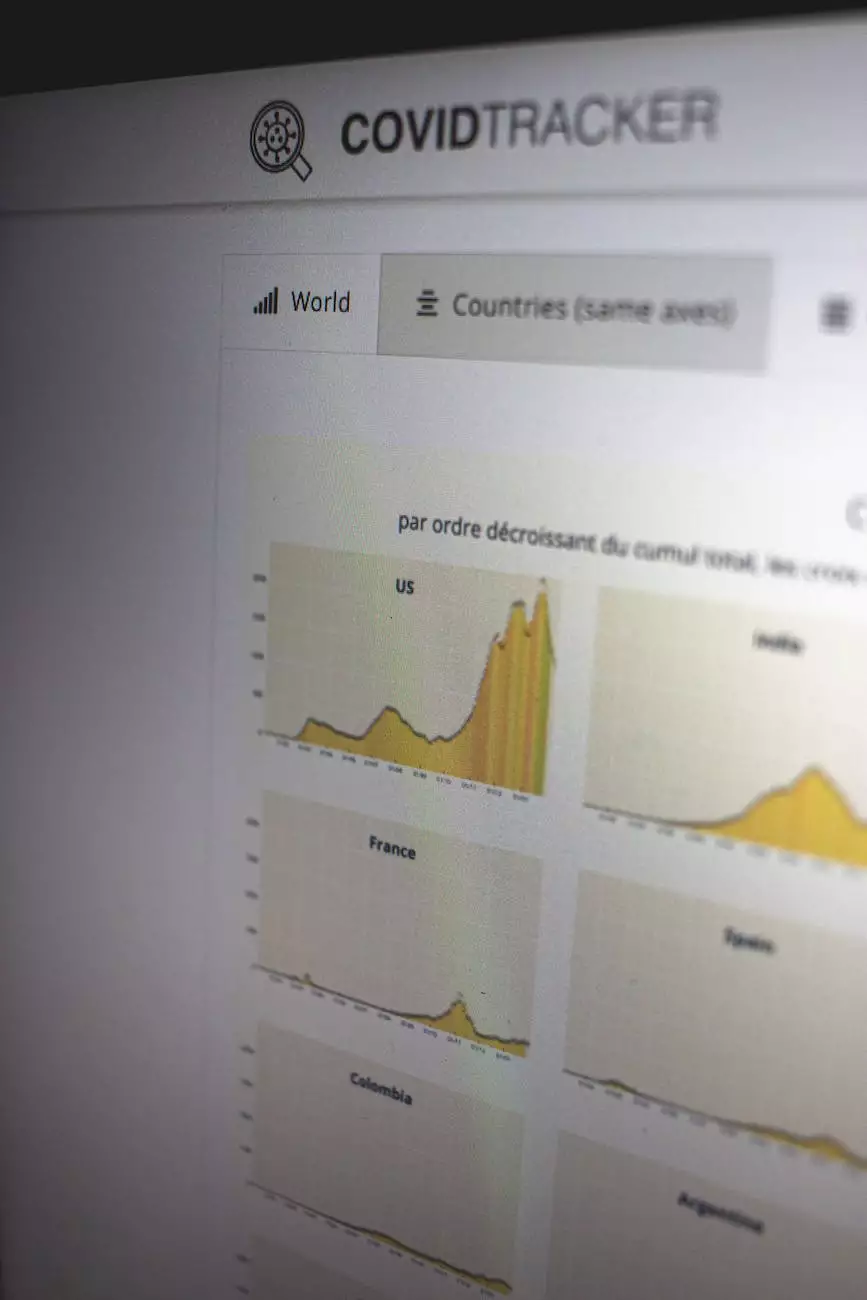How To Measure Content Marketing Performance?
Marketing
When it comes to content marketing, measuring the performance of your efforts is crucial to understand the effectiveness of your strategies and ensure that you are achieving your business goals. At Urayus Home Improvement Marketing, a renowned digital marketing agency in the business and consumer services sector, we understand the importance of accurate measurement and offer actionable insights to help you optimize your content marketing campaigns.
Why Measuring Content Marketing Performance Matters
Before delving into the specifics of measuring content marketing performance, let's explore why it matters for your business. Effective measurement allows you to:
- Assess the impact of your content on your target audience
- Evaluate the ROI (Return on Investment) of your content marketing initiatives
- Identify areas where your content strategy can be enhanced
- Optimize your content for better search engine rankings
- Track the success of your content in generating leads and conversions
Key Metrics for Measuring Content Marketing Performance
Understanding the key metrics is instrumental in determining the success of your content marketing campaigns. Let's examine some essential metrics you should be monitoring:
1. Organic Traffic
Monitoring organic traffic provides valuable insights into how well your content is performing in search engine results. By analyzing organic traffic trends, you can identify content that is generating the most visits and optimize your strategy accordingly.
2. Engagement Metrics
Engagement metrics, such as time on page, bounce rates, and social shares, help you understand how effectively your content is capturing the attention of your audience. Analyzing these metrics helps you create more engaging content that resonates with your target market.
3. Conversion Rate
The ultimate goal of content marketing is to convert visitors into customers. Tracking your conversion rate allows you to measure how well your content is supporting this objective. By analyzing conversion rates, you can identify which content pieces are most effective in driving leads and conversions.
4. Brand Mentions and Backlinks
Monitoring brand mentions and backlinks enables you to assess the credibility and authority of your content. When other websites reference or link to your content, it enhances your online visibility and SEO rankings. By tracking these metrics, you can determine the success of your content in attracting attention and building your brand reputation.
5. Customer Feedback
Listening to customer feedback is essential to understand how your content resonates with your target audience. Conducting surveys, monitoring reviews, and analyzing customer sentiment can provide valuable insights into the overall effectiveness and impact of your content marketing efforts.
Effective Tools for Measuring Content Marketing Performance
Now that we have covered the key metrics, let's explore some powerful tools that can help you measure your content marketing performance:
1. Google Analytics
Google Analytics is a versatile tool that provides in-depth analytics to monitor your website's performance. It enables you to track various metrics, including traffic sources, engagement, and conversions. By setting up specific goals and tracking events, you can gain meaningful insights into the effectiveness of your content marketing campaigns.
2. Social Media Analytics
Social media platforms offer their own analytics tools that allow you to measure engagement, audience reach, and conversions driven by your content. By tracking the performance of your content on social media, you can refine your strategies and optimize your content for better results.
3. SEO Monitoring Tools
Utilizing SEO monitoring tools, such as Moz or SEMrush, enables you to assess your content's search engine visibility and rankings. These tools provide valuable data on keyword rankings, backlinks, and competitor analysis, helping you make data-driven decisions on your content strategy.
4. Customer Surveys and Feedback Platforms
Engaging with your audience through surveys and feedback platforms allows you to gather direct insights into how your content is perceived. Tools like SurveyMonkey or Google Forms enable you to create and distribute surveys, giving you valuable feedback to optimize your content marketing efforts.
Optimizing Content Marketing Performance
To optimize your content marketing performance, it is crucial to continuously analyze the data you gather and make data-driven adjustments to your strategy. Here are some best practices to consider:
1. Set Clear and Measurable Goals
Define specific and measurable goals for your content marketing campaigns. This ensures that you have benchmark metrics to track and evaluate performance accurately.
2. Regularly Review and Analyze Metrics
Allocate time to regularly review and analyze the metrics relevant to your content marketing goals. This allows you to identify trends, spot opportunities, and make informed decisions to improve your content strategy.
3. Experiment and Refine
Be willing to experiment with different content formats, distribution channels, and messaging approaches. Use A/B testing to evaluate the effectiveness of different variations and refine your content marketing strategy based on the results.
4. Keep Up with Industry Trends
Stay informed about the latest trends and developments in content marketing. By staying ahead of the curve, you can leverage emerging strategies, techniques, and technologies to elevate your content marketing performance.
At Urayus Home Improvement Marketing, we specialize in helping businesses in the digital marketing space achieve outstanding content marketing performance. Our team of experts can provide tailored solutions to optimize your content strategies and drive tangible results for your business.
Contact us today to learn more about how we can assist you in measuring your content marketing performance effectively.
Urayus Home Improvement Marketing, © 2022. All rights reserved.










